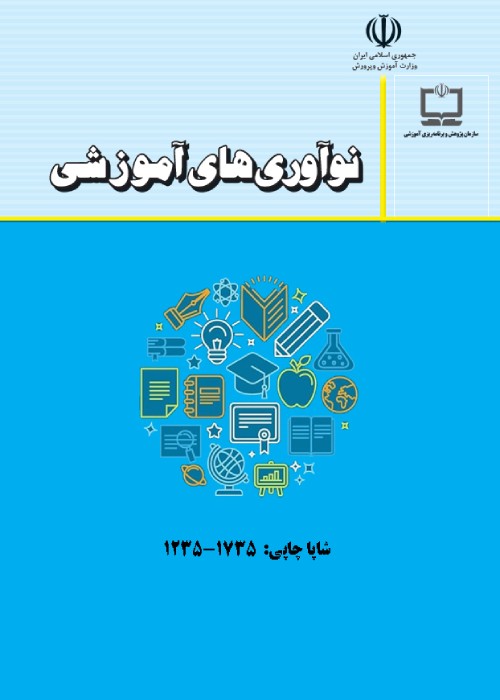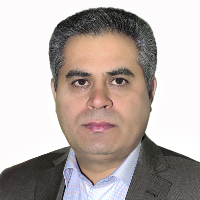Designing the conceptual model of empirical science curriculum based on actor-network theory in the network learning environment of the first cycle secondary school
The purpose of this research was to design an empirical science curriculum model based on the actor-network theory in a network learning environment. In order to achieve this goal, a meta-synthesis and grounded theory approach has been used. The research population included the faculty members, familiar with the fields of curriculum studies, educational technology and all articles and theses, related to the subject in the valid databases in the time interval between 2005 up to 2020. The research sample in the qualitative section of the research was selected through theoretical (non-probability) and purposive sampling using the snowball method. To analyze the data, the open, axial and selective coding methods were used. In order to measure reliability and quality control, Kappa method was used. Kappa coefficient, was calculated by SPSS (0. 94), which was at the level of excellent agreement. Findings showed that the principles governing the actor-network curriculum include: the generalized symmetry, heterogeneity and multiplicity, free analysis, correlation, networking, and process-orientedness. The actor-network theory-based curriculum is sensitive to context, based on differences, inter-subjective and distributed multi-vein. The objectives of this multi-faceted curriculum is interdisciplinary, climatic, and plural. Its content is dynamic, indeterminate and generalizable. Its strategy is teaching and learning, based on deconstruction, cultivation of reproduction skill, multi-network, based on the negotiation and creation of knowledge. The teacher's role in such a curriculum is like an anthropologist, intellectual and reformer. The learning environment should be collaborative and it should provide a space for searching the archived knowledge. Also, the learning environment should be multi-sensory, having divergent evaluation, sensitive to the individual differences, problem-oriented and responsive-oriented.
- حق عضویت دریافتی صرف حمایت از نشریات عضو و نگهداری، تکمیل و توسعه مگیران میشود.
- پرداخت حق اشتراک و دانلود مقالات اجازه بازنشر آن در سایر رسانههای چاپی و دیجیتال را به کاربر نمیدهد.




